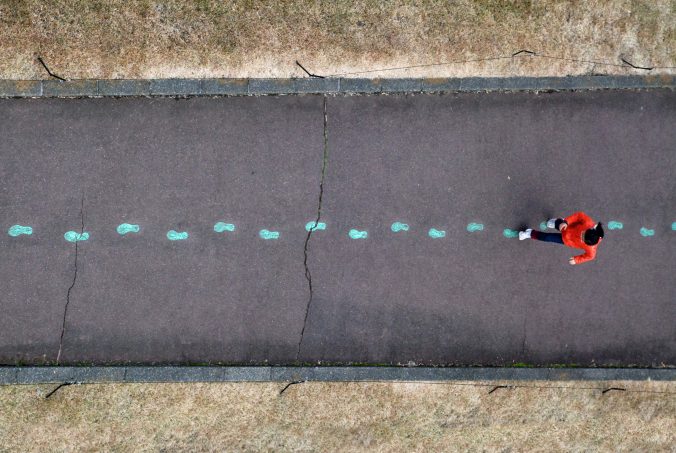For week two we watched the documentary Most likely to succeed. This documentary explores High Tech High, this school is located in California. This school completely transformed how students learn in a typical high school. Instead of having lectures, bells, tests, and set schedules, the school took a more casual approach it emphasizes project based learning, teamwork, and collaboration. Watching this documentary was very cool because I did not know that these kinds of schools existed and it also intrigued me because I really wondered “how does this work?”.
One of the main things that stood out to me is how much freedom the students were given and how much the teachers trusted them to stay on task and work on their projects. The documentary showed the students working on projects that involved problem-solving, creativity, and teamwork, their projects also included multiple subjects like math, science, and art. The students projects would later be showed at an exhibition at the end of the year where they would get a summative assessment based on what they showed at the exhibition. Seeing the confidence that the students had while showing their projects just showed that they had learned way more than just the facts they learned skills like problem solving and communication. It was cool to see the different roles that the teachers played, instead of being a typical teacher and talking infront of the class they acted more like mentors, helping and supporting the students as they needed. It was shocking to see how engaged the students were when working on something that they were actually interested in..
In most school students are marked mostly on grades from tests and worksheets but at High Tech High their learning is based off of their growth and effort. Instead of cramming for tests the students show their learning through projects and presentations which honestly feels more authentic as you can also see their personality through their projects. This documentary connects very well with the ISTE standards because it emphasizes empowering learners and using technology to enhance creativity. It also connects with the UVic TEP outcomes about prepping future teachers to create inclusive and engaging environments that support all learners. Another thing that stood out to me was how difficult it must be to grade the students, to me it seem like a nightmare. Having to grade each student based off of their final project as well as collaboration, problem-solving, and communication, I’m not quite sure how you would go about doing it but it seems very time consuming and difficult.
With all of these positives there is also some negatives that I noticed while watching. Some negatives is how some students may need more guidance and structure in order to stay on task and motivated. With that though I question “if you need more structure why come to a school like High Tech High?”. I also wonder how materials are distributed evenly to students and if there are ever any issues where a student can’t work on their project because of budget issues not allowing there to be enough supplies for every student. Since many students have never been to a high school like this before students may find it challenging to make the transition from a structured school to one with a more casual setting and freedom. With that though would students from High Tech High have trouble tranisitioning from a less structured environment to one that values structure, deadlines, and standardizes tests/exams like a workplace or university? I find with this there will be pros and cons to anything and based on what I watched everything seems to be going smoothly, the students are learning, and everyone seems happy. I found that I had to remind myself one thing, that it would not be running if it didn’t meet the expectations of for example the BC curriculum or the core competencies because I don’t totally understand how they learn everything that is required in this type of school.
Overall, this documentary really challenged how I think a school looks like. It showed a successful school with successful students that school doesn’t have to be about studying and memorizing facts, it can be about creativity and curiosity. While I don’t think that I would thrive at this type of school I do believe that many students can and will benefit from this type of learning.
